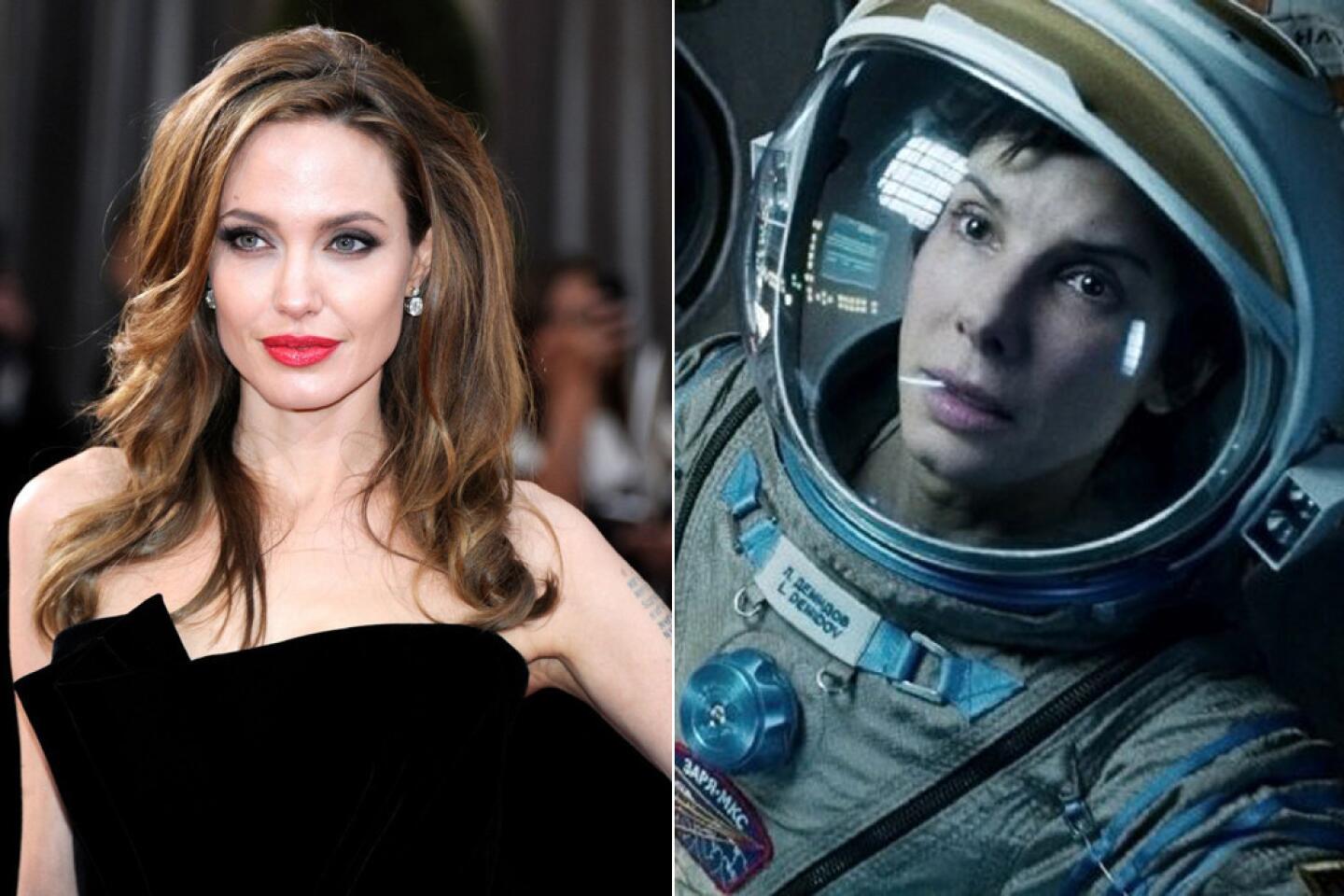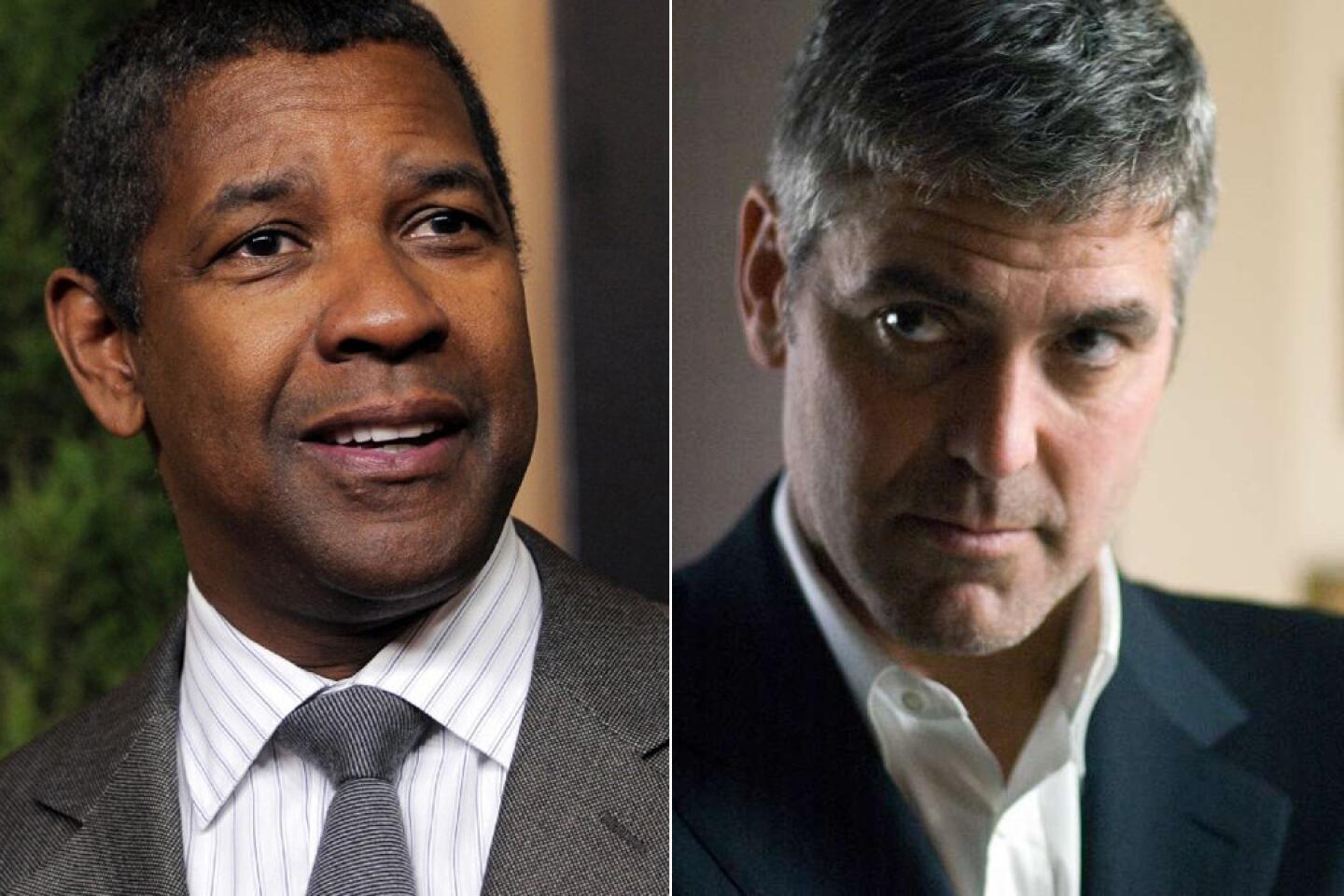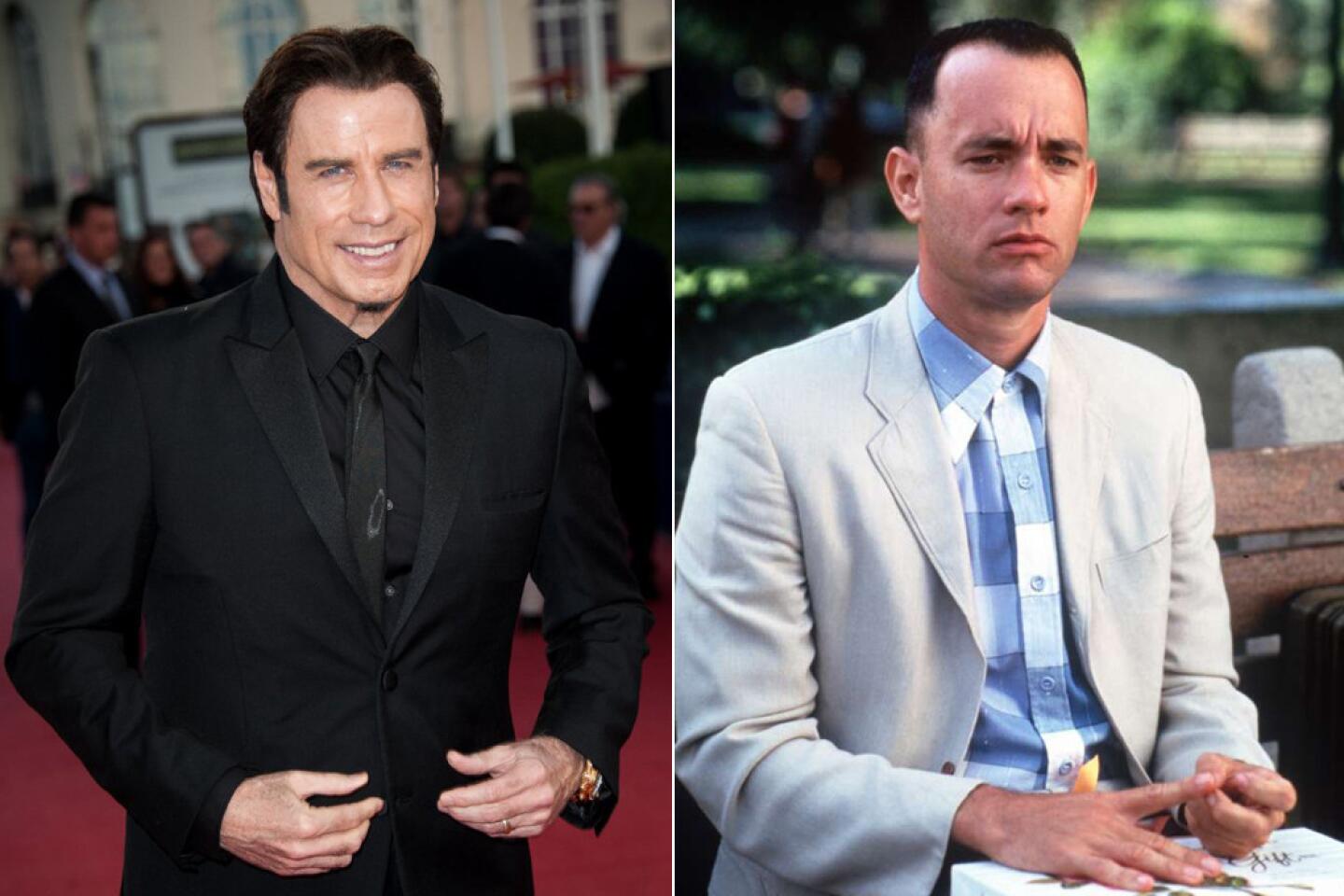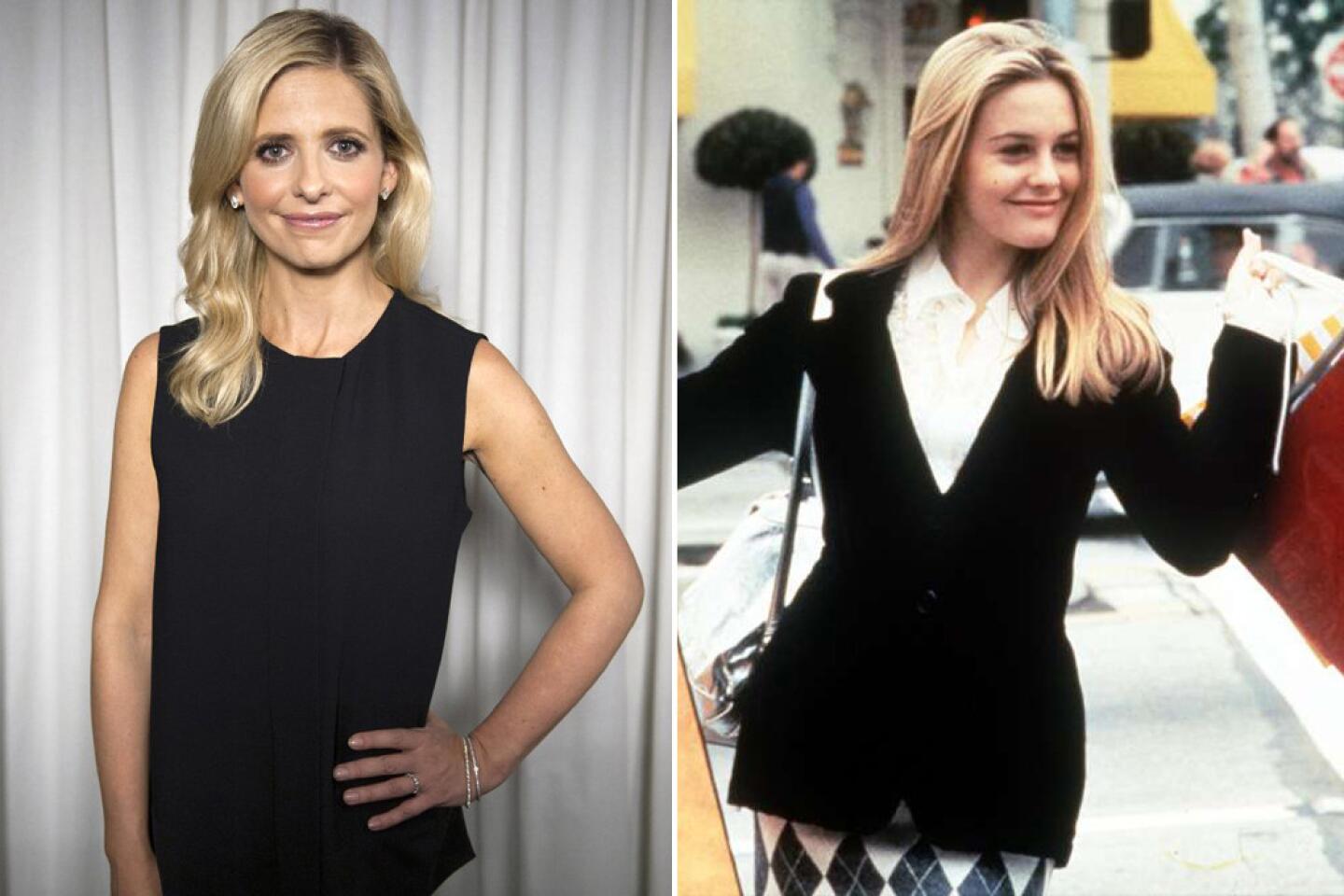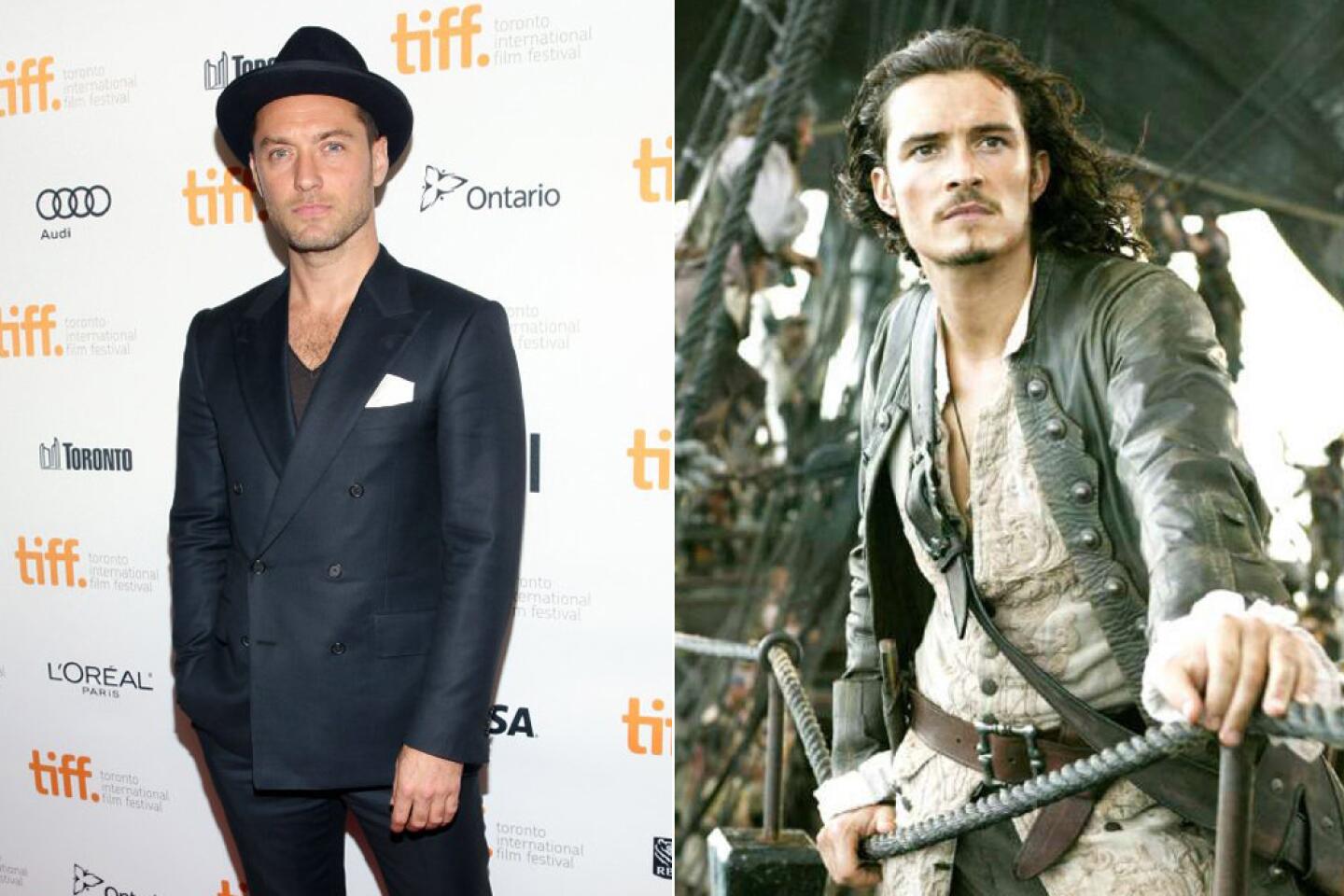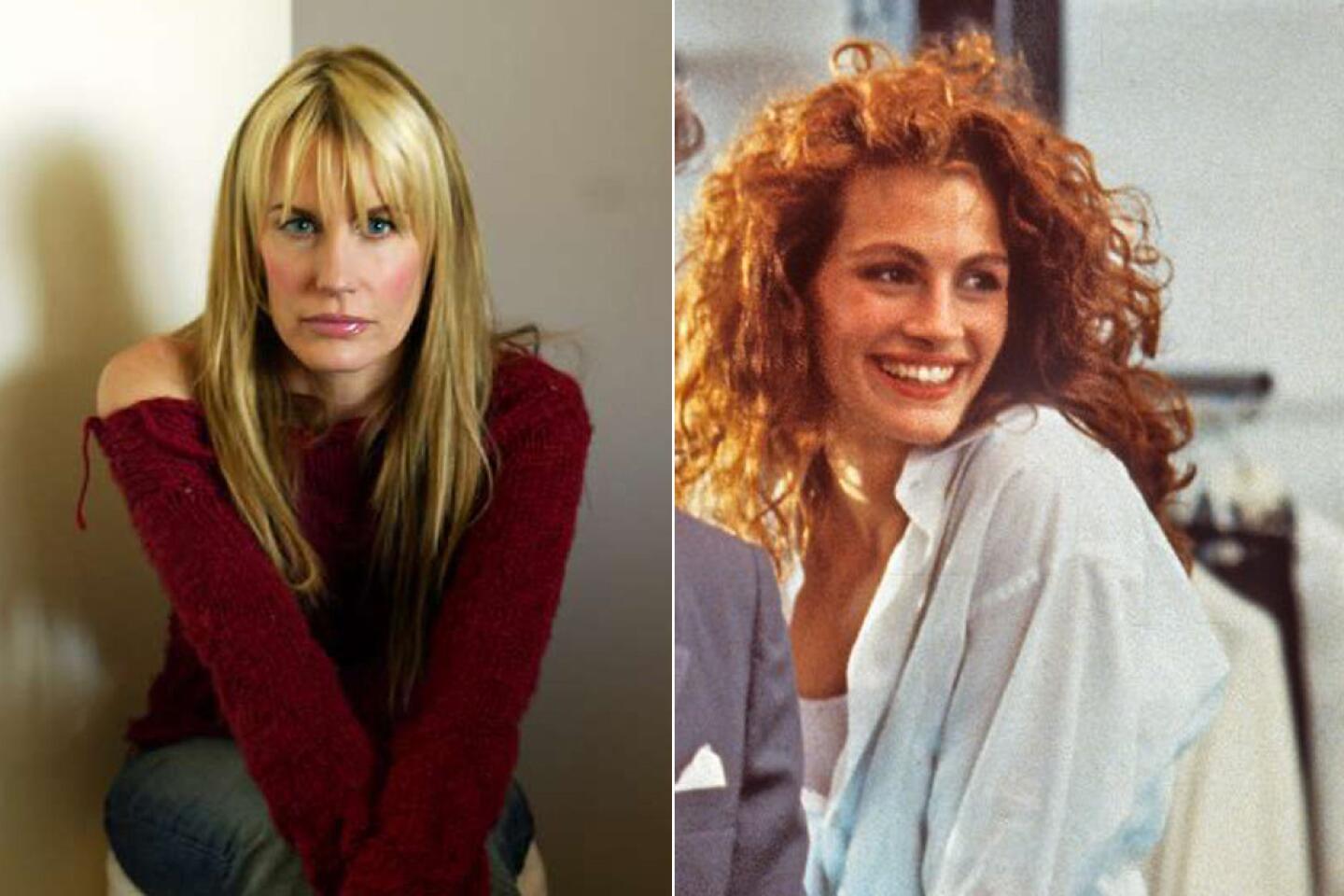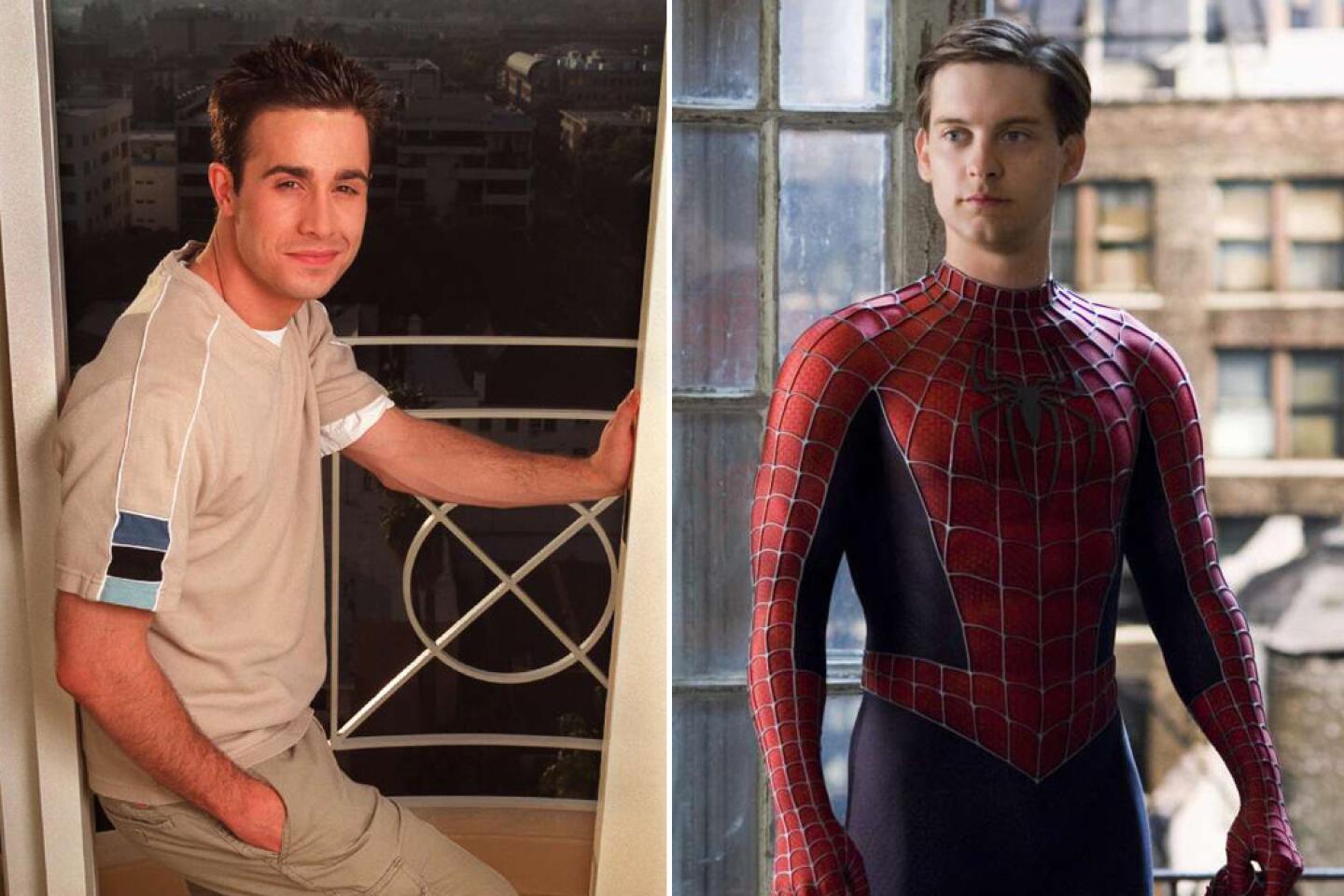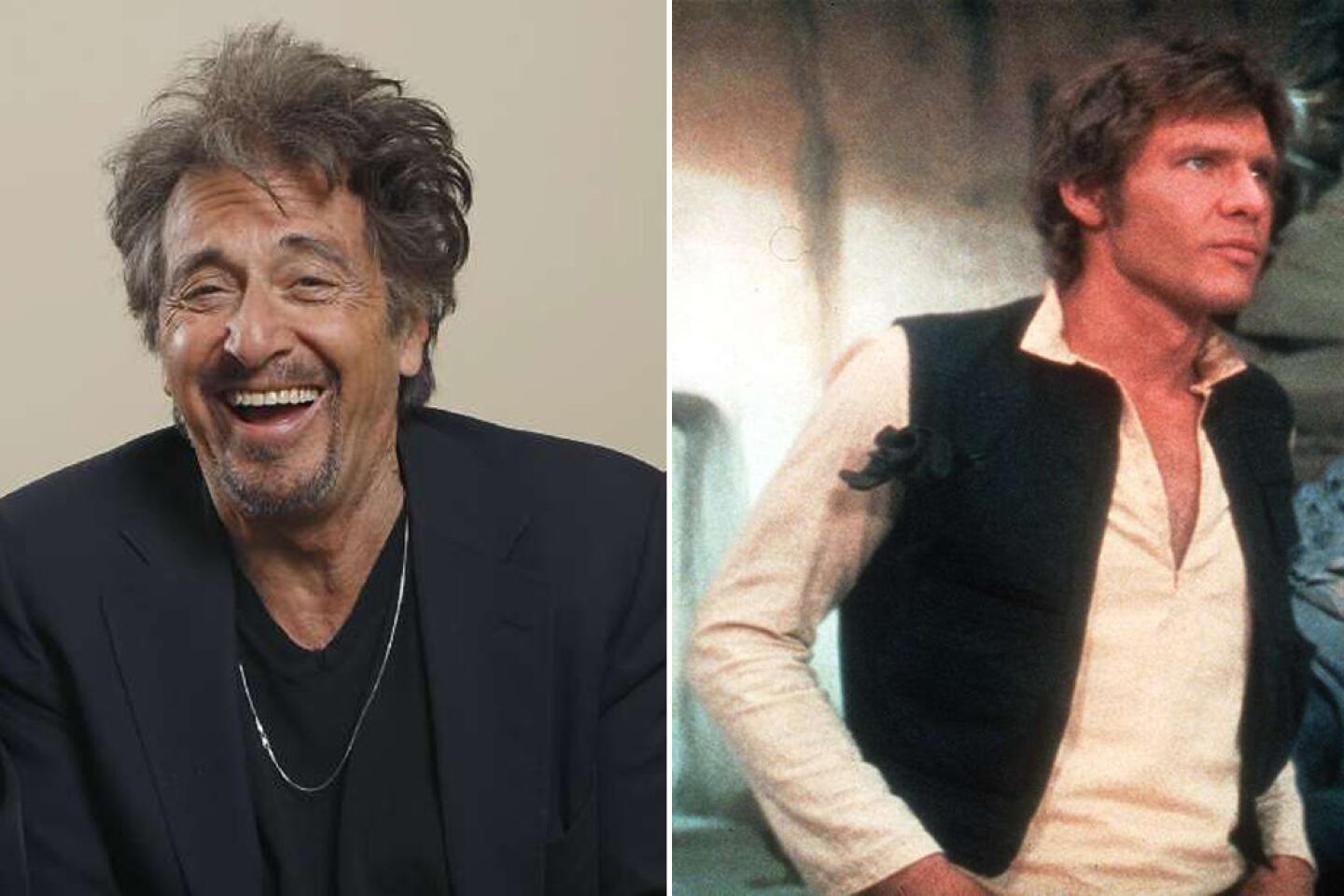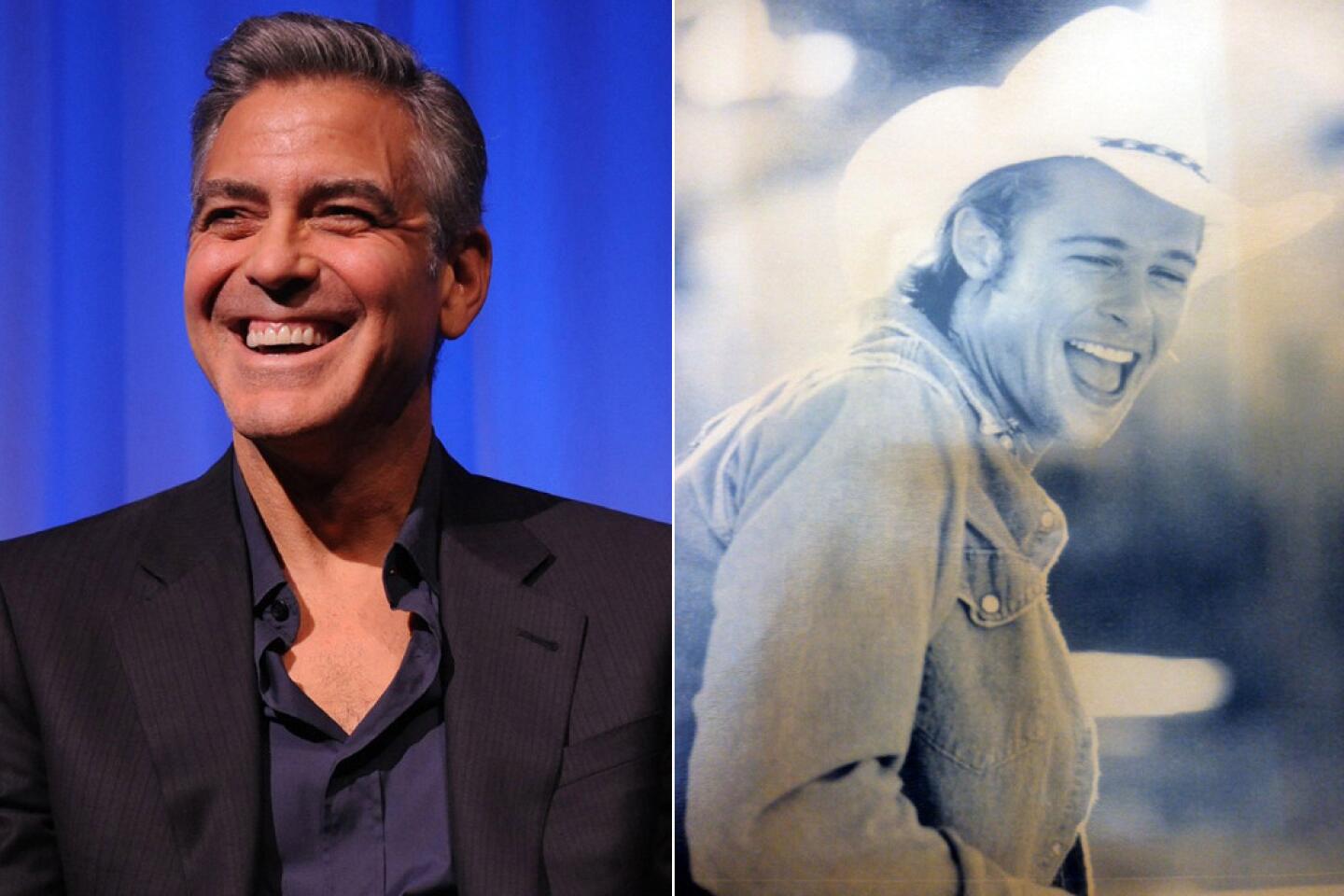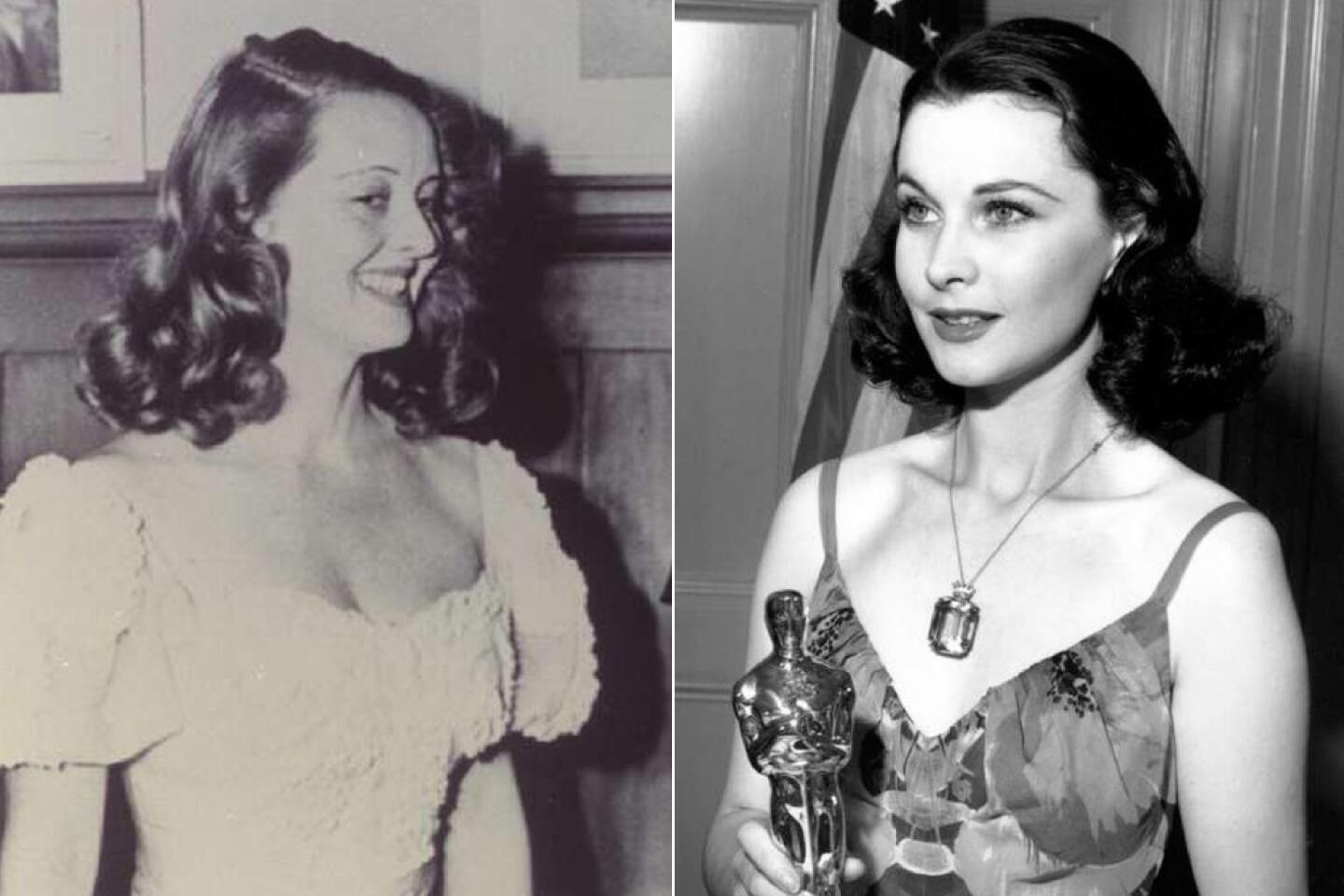Documentary filmmaker Frederick Wiseman goes to school ‘At Berkeley’
- Share via
Documentary filmmaker Frederick Wiseman has turned his cameras on a mental hospital, dance troupes, a racetrack, the military and a state legislature. His 38th documentary examines education, campus leadership and student protest at UC Berkeley in 2010 during the state budget crisis. Edited from 250 hours’ worth of material, his “At Berkeley” is a four-hour, four-minute tour, without narration, of literature classes, robotics labs, football games and the inner sanctums of administrators facing tough decisions on a beautiful campus.
Times education writer Larry Gordon spoke by telephone with the 83-year-old Wiseman, who was in Paris editing a movie about London’s National Gallery. “At Berkeley” is scheduled to open in Beverly Hills on Nov. 15 and to air Jan. 13 on PBS.
PHOTOS: Billion-dollar movie club
Why did you decide to make a film about UC Berkeley?
I’ve been doing a series of films about institutions, and I had done two high schools, but I had never done a university. And I wanted to do a public university. I chose Berkeley because it’s the best public university in the world. I didn’t really know they were in the midst of a financial crisis when I initially contacted them.
Is there something different about filming a university instead of a hospital or ballet?
The process is the same. But obviously what happens is different and some films tell the story more through movement and action rather than they do with words. When I did a ballet movie, a lot of the story was told through body movement. “At Berkeley” is a movie that is very dependent on the words. … It’s more complicated in that [the university] is vaster and there are so many constituencies — the students, the administration, the faculty, the other people who work there, the policemen, carpenters, construction workers. And there’s the relations to the alumni, the relations to the state of California and to the rest of the university system.
I’ve covered some of the student protests you show, and the movie comes across more friendly to the administration than some people there would portray them. Do you have any reaction to those complaints?
I think as a group of people, the administrators really cared about the university and were working hard to preserve the integrity and high standards of the university both in terms of keeping the faculty and continuing to attract good students and also having lots of scholarship money available, despite the economic crisis. I’ve made movies about all kinds of subjects, and sometimes the subjects of my films are in places where pretty horrible things are going on. But I think it’s equally important for me to make films about places where people are competent, intelligent and trying.
The administrators at Berkeley were not callous, indifferent, insensitive people. … Berkeley is so iconic from the point of view of student protest. The fact that most students don’t take part in the protests is often not registered in the press. But their voices are just as important. Their point of view has to be treated just as respectfully as those who protest. I find it absolutely fascinating how much of the discussion about the film goes off on the issue of the protest rather than what a great university it is.
To be honest, I was not able to watch the movie in one single stretch. Why did you make it that length?
Because that’s the way it came out. If I made a shorter film, a two-hour film, it really risked being superficial. It may even be superficial at four hours. I don’t think it is. I hope it isn’t. Not only with respect to Berkeley but with respect to any film I do, I feel I have an obligation to make the film an accurate report on what I found when I was there. … I have to recognize it might be too long for some people, but for others it may not be.
Do you feel that people nowadays, with reality TV and cellphone videos, are more used to the presence of a film crew and it doesn’t affect their actions as much?
In my view, the camera does not distort reality. I’ve been making these kinds of movies for 46 years, and there is no difference in my experience in shooting now than when I got started. I don’t think people are good enough actors to put on a special performance for the camera. If they were, then the level of acting in Hollywood and on Broadway would be much greater than it is because there would be a much wider pool to choose from. … And if you think someone is putting it on for the camera, you stop shooting. But in my experience it happens so rarely it’s not a problem.
With so much information and so many videos available on the Internet and YouTube, why do long-form documentaries remain important?
It’s a way to bring information to people about subjects they would otherwise not be informed about. There is so much quick and sound-bite-type of information, but a long-form documentary presents a complex and detailed view of a subject in contemporary life … and apart from the fun of doing it, it is a way of participating in the democratic process.
More to Read
Only good movies
Get the Indie Focus newsletter, Mark Olsen's weekly guide to the world of cinema.
You may occasionally receive promotional content from the Los Angeles Times.
